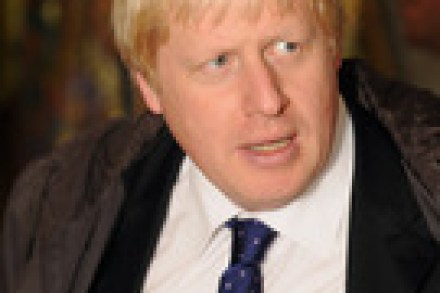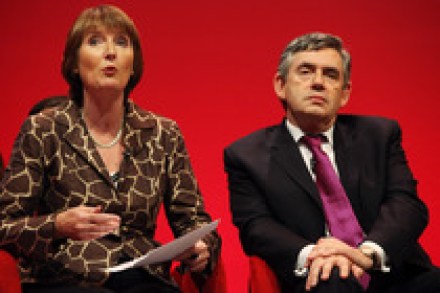How far could Boris go?
At Tory conference a bunch of candidates got together for supper. The conversation turned, as it so often does on these occasions, to who might be the next leader. One candidate was advancing the case for Boris with some gusto, until another interrupted saying, ‘can you imagine Boris representing Britain at the Security Council.’ The table agreed that they couldn’t and so the conversation moved on. Certainly, this perceived lack of seriousness will be Boris’s biggest problem in going further than Mayor of London. Cameron had a point when he said that Boris was stuck in a buffoonish rut from which he would find it hard to escape. But if














